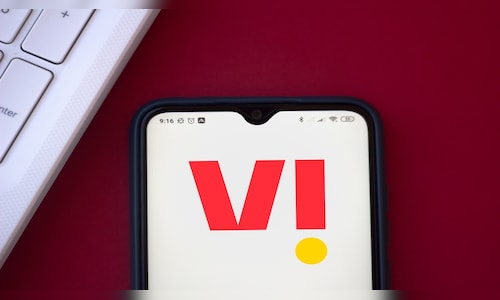
“If bank guarantee waivers for the pre-2022 spectrum are approved, the biggest beneficiary will be Vodafone Idea,” Subramanian said in an interview with CNBC-TV18, highlighting the company’s substantial financial obligations.
Vodafone Idea faces bank guarantee requirements of nearly ₹25,000 crore due to large payouts when the current spectrum payment moratorium ends in October 2025.
In comparison, Jio and Bharti Airtel are far less impacted, with liabilities around ₹4,000 crore each, as they have already prepaid a significant portion of their earlier auction dues, Subramanian added.
For Vodafone Idea, the waiver could prove transformative. The company has been struggling to secure ₹25,000 crore in debt funding, a critical requirement to stabilise its operations.
“Bank guarantees form a portion of the non-funded exposure for lenders. If these guarantees are waived, it will free up capital for banks, potentially making them more inclined to lend to Vodafone Idea,” Subramanian added. This could accelerate the company’s ongoing debt-raising efforts and provide much-needed liquidity to sustain its operations.
While the waiver applies to the entire sector, industry stakeholders acknowledge that Vodafone Idea stands to gain the most. The Cellular Operators Association has welcomed the cabinet’s reported move, emphasising its potential to reduce financial burdens, enhance cash flows, and boost capital expenditure across the industry.
However, Subramanian noted that Vodafone Idea’s financial recovery may require additional government interventions. “Lenders are awaiting clarity on both the bank guarantee waiver and the government’s stance on the AGR (adjusted gross revenue) burden. Extending the spectrum payment moratorium further could give Vodafone Idea the breathing room it needs to mend finances, raise debt, and continue its capex program,” he stated.
Subramanian also highlighted the delicate balance the government faces in supporting the Vodafone Idea without risking contempt of court following the unfavourable AGR judgment. The company has made representations to the government, citing the merits of its curative petition, even though the Supreme Court dismissed it.
To ensure Vodafone Idea remains a viable third player in the telecom market, extending the moratorium on payments could be a pragmatic solution. “The cash burden doesn’t disappear but is deferred, giving the company time to stabilise,” Subramanian explained.
As the industry awaits an official announcement, the reported cabinet decision, if confirmed, could mark a turning point for Vodafone Idea and the broader telecom sector. For Vodafone Idea, in particular, this development could provide critical financial relief and set the stage for recovery.



